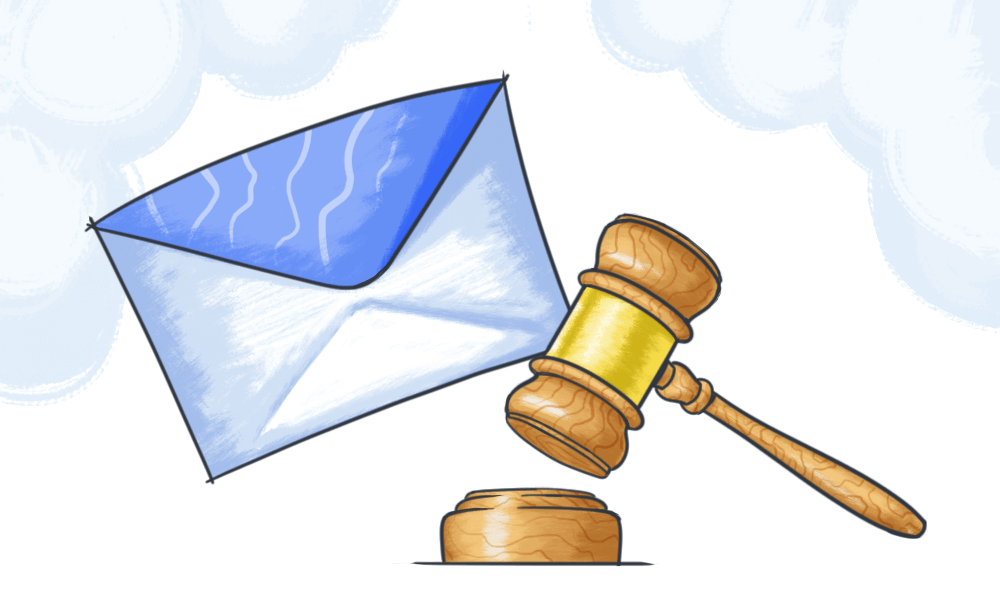Do You Need Help?

The Impact of Poor Email Security
Financial Losses and Business Disruption:
A single email security lapse can lead to direct financial loss, data theft, legal penalties, and operational downtime. The average cost of a data breach in 2024 was $4.88 million, with business email compromise alone accounting for $2.9 billion in losses annually.
Protecting Your Organization’s Reputation.
Email remains the backbone of business communication—but it’s also the number one target for cybercriminals. From phishing and business email compromise to malware and data exfiltration, email-based threats are responsible for 94% of cyberattacks, causing billions in financial losses and untold reputational damage every year.
Reputational Damage and Loss of Trust:
When email accounts are compromised or customer data is exposed, the impact on your brand can be devastating. Negative media coverage, loss of customer trust, and long-term brand damage are common consequences. Customers and partners expect their data to be protected—failure to do so can result in lost business and hinder future opportunities.

Regulatory and Legal Consequences:
Email breaches often involve personal or sensitive data, triggering compliance issues under regulations like GDPR, HIPAA, or CCPA. Organizations may face significant fines, lawsuits, and increased scrutiny from regulators.
Employee Morale and Retention:
Cyberattacks don’t just affect customers—they also impact employees. Staff may lose confidence in their employer’s ability to protect their information, and negative publicity can make it harder to attract and retain top talent.
Why Email Security Is Essential
Protects Sensitive Data: Email is a treasure trove of confidential information, from contracts and financials to customer details and intellectual property. Strong security ensures only authorized users can access this data.
Prevents Phishing and Impersonation: Robust email security blocks phishing, spoofing, and brand impersonation attacks that can trick employees and customers into revealing sensitive information or making fraudulent transactions.
Maintains Brand Trust: Demonstrating a commitment to email security builds confidence with customers and partners, showing you take data protection seriously and value their trust.
Ensures Business Continuity: By preventing ransomware and malware from entering through email, you reduce the risk of costly downtime and maintain uninterrupted operations.
Supports Compliance: Advanced email security helps you comply with data protection laws by encrypting communications, controlling access, and providing audit trails.
How to Strengthen Your Email Security
Deploy advanced email filtering and threat detection to block phishing, malware, and suspicious attachments.
Implement multi-factor authentication (MFA) for all email accounts to prevent unauthorized access.
Encrypt sensitive emails and use access controls to ensure only intended recipients can view confidential information.
Provide regular security awareness training so employees can spot and avoid phishing and social engineering attacks.
Monitor and audit email activity to quickly detect and respond to suspicious behavior.
Adopt a proactive, layered security approach that combines technology, policy, and user education for maximum protection.

